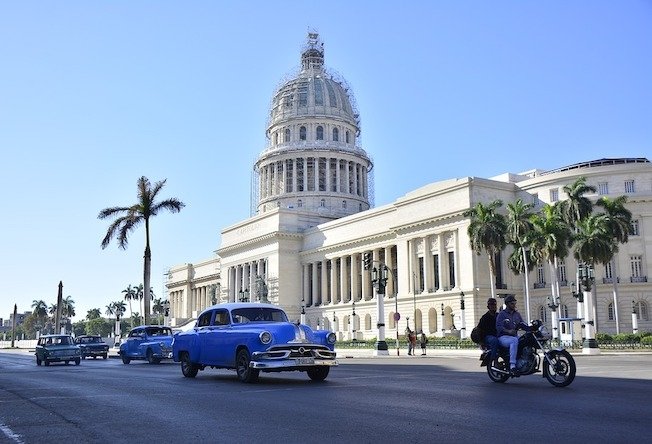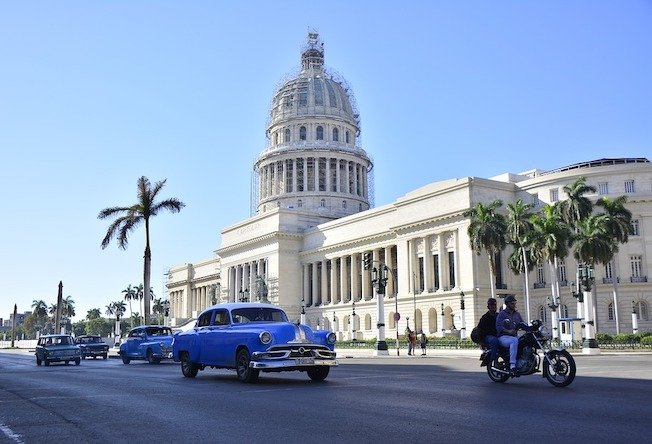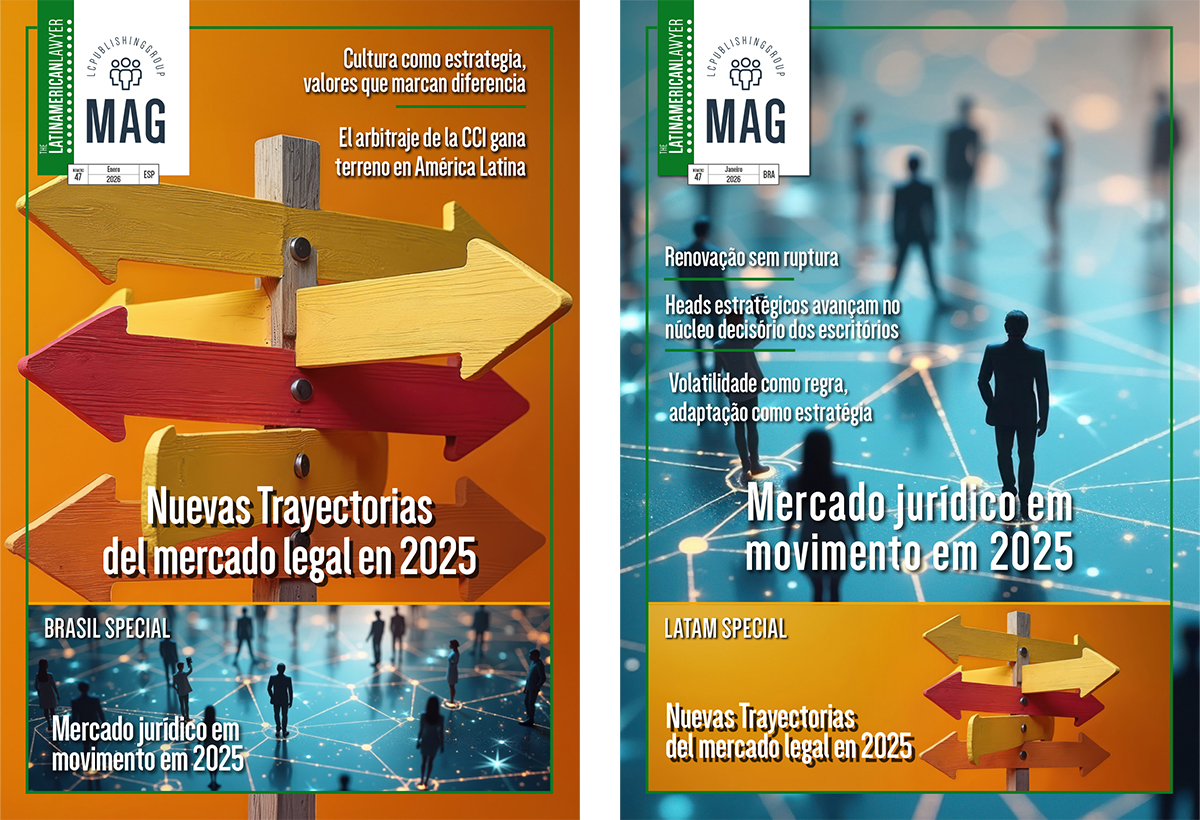EU, Canada decry new US sanctions against Cuba

The European Union and Canada have expressed their opposition to the US government’s decision to allow for lawsuits brought by former owners of property in Cuba against the current proprietors, and which was announced by US National Security Adviser John Bolton on April 17.
 “Americans who have had their private and hard-earned property stolen in Cuba will finally be allowed to sue,” Bolton was quoted as saying.
“Americans who have had their private and hard-earned property stolen in Cuba will finally be allowed to sue,” Bolton was quoted as saying.
The US government’s decision activates title III of the Helms-Burton Act, allowing US nationals to sue against persons trafficking in confiscated property, a clause of the law that had been suspended by every sitting US president since its enactment in 1996.
The European Union (EU) warned that any litigation against foreign companies would be met with counter lawsuits, and which would be heard before the World Trade Organisation.
“The extraterritorial application of the US embargo is illegal and violates international law,” the EU’s ambassador to Cuba, Alberto Navarro, told the Associated Press.
Canada’s Minister of Foreign Affairs Chrystia Freeland said in a statement that the government “is deeply disappointed with today’s announcement. We will be reviewing all options in response to this US decision”.
She added that she had spoken to Canadian businesses, “to reaffirm we will fully defend the interests of Canadians conducting legitimate trade and investment with Cuba”.
According to Ignacio Aparicio, partner at Andersen Tax & Legal and head of the firm’s Cuba desk, “US companies have investments that could be affected, such as hotel chains on claimed properties, the land of Havana airport, or the port of Santiago, in which US companies operate and for which there is a certified claim”.
“In terms of pure risk assessment, both when carrying out a new investment in Cuba and for existing ones, it would be convenient to investigate certified claims before the Foreign Claims Settlement Commission and verify that there is no claim on the affected assets,” he told The Latin American Lawyer in an email.
There are currently at least 6,000 certified claims maintained by the Foreign Claims Settlement Commission (FCSC), worth roughly $8 billion, held by US nationals, according to law firm Hunton Andrews Kurth.
Washington’s tightening of sanctions against Cuba is perceived as being a reaction to Havana’s continuing support for President Nicolás Maduro’s government in Venezuela.
In addition to the change to the Helms-Burton Act, Bolton also announced new restrictions on non-family travel to Cuba, as well as new limits on remittances to Cuba, marking an abrupt policy shift following the lifting of some trade and travel restrictions between the US and Cuba during the Obama administration.
Bolton also announced the imposition of additional sanctions on Venezuela’s central bank, and on Nicaragua’s Bancorp bank, in addition to sanctions targeting the son of Nicaragua’s President Daniel Ortega, Laureano Ortega.















